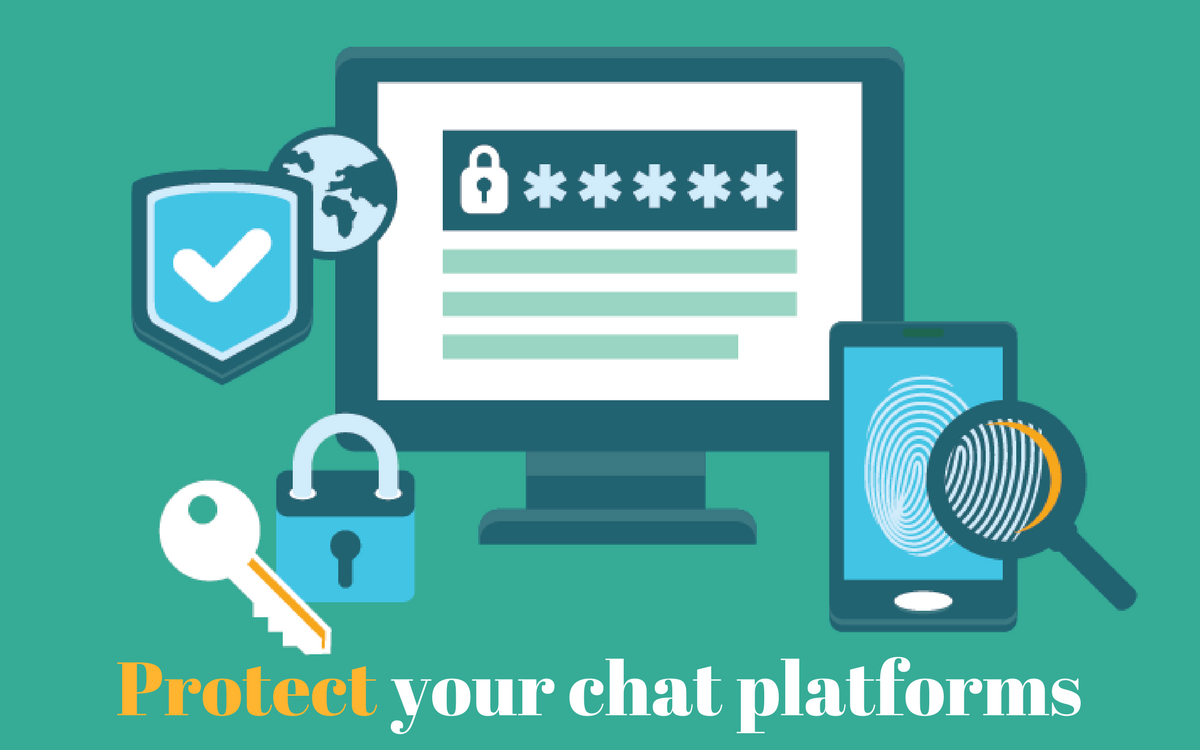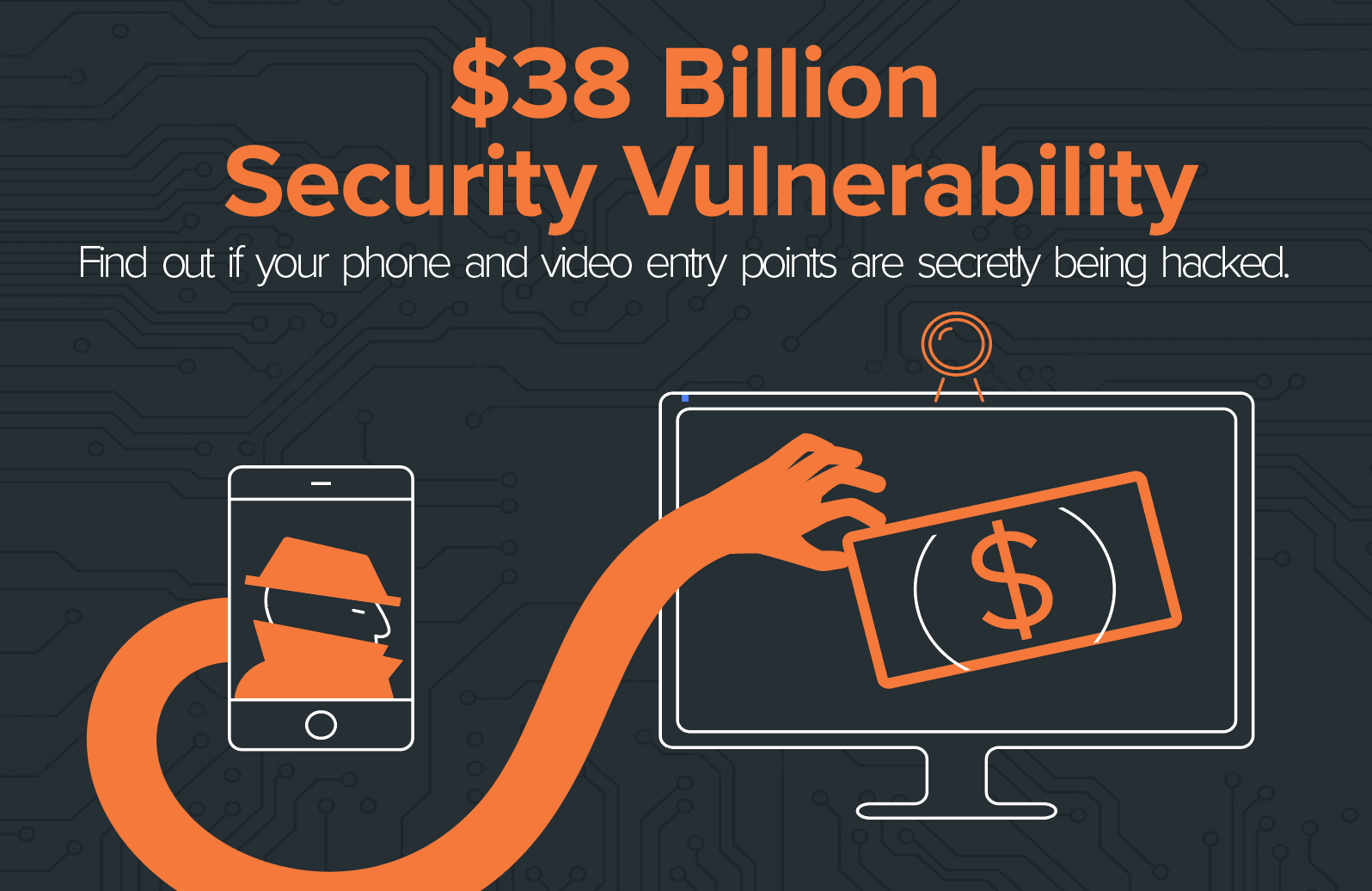Recently, end-to-end encryption on chat platforms like WhatsApp was called into question. Do “real people” really need it? The business world came back with a resounding YES. As more and more enterprises use chat/IM platforms to collaborate and share information, the issue of security has become a top priority. IM platforms like Jabber, Cisco Spark, and Skype for Business as starting to replace emails as the main way teams talk to one another—but is security REALLY as important as we’ve been told?
Why end-to-end encryption?
With new hacks, malware, and security risks developing by the hour of each day, IT is working harder than ever to keep their firewall up to date to protect your information. Luckily for us, end-to-end encryption exists! Without it, your conversations might be available for cyber criminals, unlawful surveillance, and other naredowells.
End-to-end encryption is where your communication systems are encrypted to make information unavailable to third parties. This means that when 2 or more devices communicate via an app that features this level of encryption, the information is transmitted using a secret code rather than just plain text.
What does this say about your data? That it’s secure, of course! It means that your message data is turned into a scrambled form so that it’s impossible (or close to) for any party to intercept, read, and understand it other than the sender and the recipient(s) for whom the message is intended.
Results of using end-to-end encryption
Due to this secure code transit, only the people communicating can read the messages and not other people. This includes Internet service providers, the app creator, the government, and anyone else who believes they can gain access to your memos.
In other words, your data is protected against tampering, surveillance, and cyber criminals while it’s transmitted and stored. For this to work effectively, the encryption key is stored locally for improved protection.
Other forms to defend your messages
You, of course, do not have to rely solely upon end-to-end encryption as your exclusive line of defense. Below are some tips for creating a safe messaging experience.
Best practices for users:
- Do not reveal your communications and credentials. This includes neither sharing nor telling other people.
- Never, EVER click on suspicious links, even those that are sent by your closest contacts.
- Never download any suspicious files, even those sent from your contacts.
Best practices for businesses:
- Enforce strict guidelines and safe usage habits among employees.
- Inform employees and officers on typical cybercriminal scams, including phishing scams and spam.
- Ensure that IT personnel are briefed and educated about the threats that may arise from usage of chat platforms, and have them monitor for suspicious network activity.
Protection and Alerting
The question you’re probably asking now: Do I need encryption?
Our answer: Maybe not always, but, yes, yes you do.
It all comes down to what you choose to share and transfer in your personal communications. You may not find chats with family and friends the most vital to encrypt. However, we all need it when executing banking or e-commerce transactions online.
Then again, encryption normally occurs without you aware of it taking place. It just breaks down to whether or not you care about what kind is protecting your services.
Additional Reading:
Using Cisco Spark? Check out how you can monitor it with vAnalytics with this step by step post.







